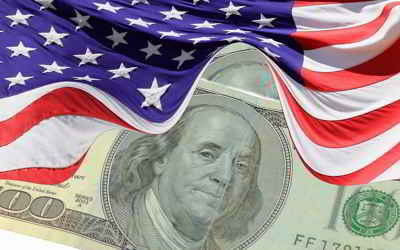North Carolina Economy
Agriculture and Industry in North Carolina
North Carolina economy is a set of human and social activities and institutions related to the production, distribution, exchange and consumption of agriculture and industry goods and services. The balance between North Carolina various economic sectors differs largely between various regions and other states in the US.North Carolina Agriculture and Industry
North Carolina's real gross state product in 2012 was estimated to be $392,905 which was $205,465 and 110% and 2 times higher than the national state average, $187,440. North Carolina has the 9th highest GSP out of the 50 states.
North Carolina's economy has grown far more diverse in recent years. The new economic leaders are in the technology and service sectors, which are growing rapidly. However, traditional industries such as agriculture and textile production have helped to make North Carolina the largest agricultural and industrial producer in the Southeastern United States.
The top ten industries in the state are real estate, health services, chemicals, construction, tobacco products, banking, textiles, utilities, transportation and agriculture.
North Carolina is one of the largest film-making states in the nation. It is second nationally in the number of production studios and sound stages, with seven production studios and 30 soundstages. Locals sometimes refer to the town of Wilmington as the "Hollywood of the East." In addition, tourism is an important source of income for the state.
North Carolina Agriculture:
Poultry and eggs, tobacco, hogs, milk, nursery stock, cattle, soybeans.
North Carolina Industry:
Tobacco products, textile goods, chemical products, electric equipment, machinery, tourism.
According to the Bureau of Economic Analysis, the state's 2003 total gross state product was $314 billion. Its 2003 Per Capita Personal Income was $28,071, 38th in the nation. North Carolina's agricultural outputs are poultry and eggs, tobacco, hogs, milk, nursery stock, cattle, and soybeans. Its industrial outputs are tobacco products, textile goods, chemical products, electric equipment, machinery, and tourism. Charlotte, the largest city in the state, is also the nation's largest banking presence outside of New York City. North Carolina is also the largest film making state outside of California. Movie studios are located in Shelby, Raleigh, Durham, Charlotte, and the most popular, EUE Screen Gems Studios in Wilmington. Some of the films and television shows filmed there include: Dawson's Creek, One Tree Hill, Cape Fear, Maximum Overdrive and The Crow.

US economy is relies on private decision-making ("economic freedom")




